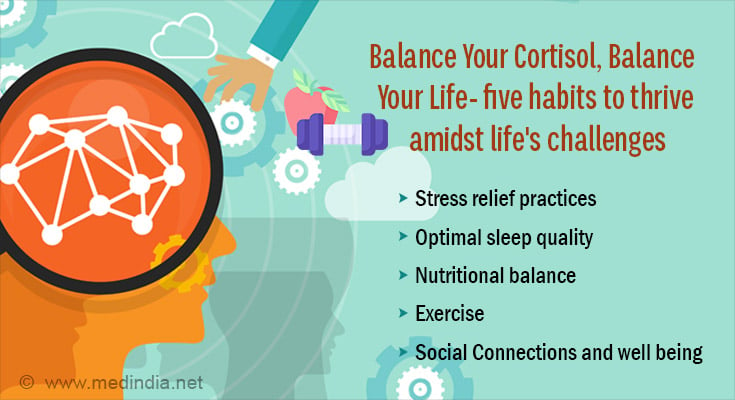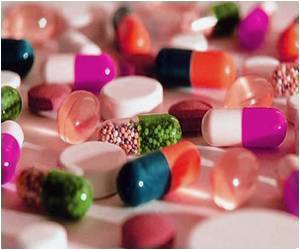People with vaccine breakthrough infections may spread COVID-19 to others.
COVID-19 and Substance Use Disorder
People with substance use disorder are more likely to get severely ill from COVID-19. Substance use disorder (SUD) also called drug addiction is a condition that affects a person’s brain and behavior leading to uncontrolled use of a substance despite its harmful consequence.
COVID-19 vaccination is highly effective for people with substance use disorders, but the overall risk of COVID-19 among vaccinated people with substance use disorders is very low.
Even clinical trials that evaluated the effectiveness of COVID-19 vaccines did not include people with substance use disorders.
Researchers hypothesized that this population might be at increased risk of breakthrough infections after getting vaccinated because they are immunocompromised due to drug use and co-occurring diseases.
New Risk Factor Discovered
To confirm this hypothesis, a new study analyzed electronic health records from nearly 580,000 fully vaccinated people in the United States with and without substance use disorders between December 1, 2020, and August 14, 2021.
They determined the proportion of people in each group who contracted SARS-CoV-2at least 14 days after their final vaccination.
This analysis was repeated after matching patients with and without substance use disorders for demographic characteristics; socioeconomic factors that influence health, such as housing or employment instability; and other physical illnesses, such as high blood pressure, heart disease, obesity, or diabetes.
They also examined if fully vaccinated people with breakthrough infections had a different risk for hospitalization and death compared with matched people without breakthrough infections.
The researchers found that 7% of vaccinated people with substance use disorders had a breakthrough infection compared with 3.6% of vaccinated people without substance use disorders.
The risk of breakthrough infection is slightly varied among people with different substance use disorders, ranging from 6.8% for people with tobacco use disorder to 7.8% for those with cannabis use disorder.
The study also suggests that the increased risk of breakthrough infections in people with substance use disorders was primarily due to co-occurring diseases and adverse socioeconomic characteristics.
When these factors are controlled, people with most substance use disorders no longer have elevated rates of breakthrough infections.
The only exception was people with cannabis use disorder, who still were 55% more likely to experience breakthrough infections even though people had fewer co-occurring health conditions.
Researchers hypothesized that factors such as adverse effects of cannabis on lung and immune function may have contributed to the higher risk for breakthrough infection in this group.
In addition, breakthrough infections were found to increase the risk of severe outcomes, including hospitalization and death, regardless of the presence of substance use disorders.
Among the people with substance use disorders, 22.5% of those with a breakthrough infection required hospitalization, and 1.7% died during the study period, compared with 1.6% and 0.5%, respectively, among people with substance use disorders but no breakthrough infection.
These findings show that people with substance use disorders are a high-risk group even after vaccination should continue to take protective measures against COVID-19.
Preventive Measures:
- Avoid sharing drug-use equipment and clean the equipment thoroughly.
- If possible, avoid using drugs prepared by other people.
- Minimize close contact when getting and using drugs by keeping a distance of at least 6 feet.
- Wear a mask, avoid poorly ventilated indoor spaces, and wash hands with soap and water for at least 20 seconds after contact.
- If soap and water are not available, use a hand sanitizer with at least 60% alcohol.
- Use services provided by syringe services programs.
- Mail order options from community organizations may help you access sterile supplies.
- For regular visits to healthcare providers, use telehealth options, such as online meetings or visits.
It is important to continuously evaluate the effectiveness of COVID-19 vaccines and the long-term effects of COVID-19, especially among people with substance use disorders for updated recommendations.
References:
- COVID-19 and People at Increased Risk
– (https://www.cdc.gov/drugoverdose/resources/covid-drugs-QA.html) - The Possibility of COVID-19 after Vaccination: Breakthrough Infections
– (https://www.cdc.gov/coronavirus/2019-ncov/vaccines/effectiveness/why-measure-effectiveness/breakthrough-cases.html)
Source: Medindia



